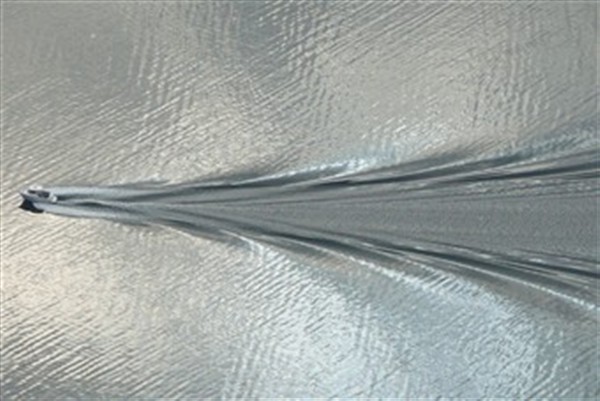Self-Awareness Tools for Leaders
Self-awareness is not about introspection for its own sake. The work one does internally frees a person to see both their personal and external reality more clearly, and to be more effective in how they engage with the world around them. Below are two tools to grow self-awareness. The first comes from the discipline of psychotherapy and identifies the defences we create and maintain when reality feels too threatening. The second is an adaptation of some teaching from Henry Cloud in his book Integrity.
Instruments of Defence
We all set up defences to protect ourselves from being vulnerable, and leaders are no different. Common defences that some therapists consider may include:
-- OMNIPOTENCE: The belief that I can do anything. I have no needs, and I don’t require help from those around me.
-- DENIAL: The conviction that problems (or my limitations) are not really there, especially when I only focus on the stuff I perceive as good.
-- IDEALISATION: The sense that I/we are moving to a bright and perfect future. There are no problems there. Any problems that remain can just be dressed up and turned into virtues.
In Christian settings these defences can be intensified because the believer may substitute an omnipotent and perfect God in the place of their natural limits and real-life challenges. This is dangerous territory. Not only does it fast-track them to exhaustion and burn-out, it also denies the Christian model of incarnation—coming to the world as it is, exercising acceptance of the problem and showing a commitment for true redemption and authentic change.
The challenge is to identify these tools of defence and to accept reality with all its difficult parts. For Christians, part of this acceptance will involve the integration of Christian beliefs (forgiveness, grace) towards themselves and their circumstances. You might need help in this, and it is another Christian principle to rely on community for help and clarity. Choose safe people in getting support, be they a reliable friend or a counsellor.

The Wake
A tool that I find very helpful to start developing self-awareness comes from Henry Cloud in his book ‘Integrity’. Cloud talks about standing on a boat and looking back at its wake as a way of seeing clearly where he has been.
One side of this wake can be thought of as our achievements:
-
--Have I really done what I have set out to do?
-
--Have I performed at the level I set for myself? If not, why not?
-
--Was there something unrealistic about my expectations?
-
--Was there a change that prevented me from achieving a goal, and how do I feel about that?
The other side of the wake can be thought of as relationships:
-
--Have the people I’ve led found themselves supported or neglected?
-
--Are they enthusiastic in their roles and or are they exhausted—or even damaged in some way?
-
--Are there similar themes within the areas where I exercise influence?
-
--Do I push people away and then feel alone?
-
--Do I blame and judge others on my team for my own faults?
-
--Do I act as if I am the only one with a brain, and discount the suggestions of others?
The thoughts that you gather through this exercise can reveal areas you may need to process for yourself, and you may want to work this through with a coach, counsellor or trusted friend.
-Ron Bushyager- http://www.fftherapy.co.uk/